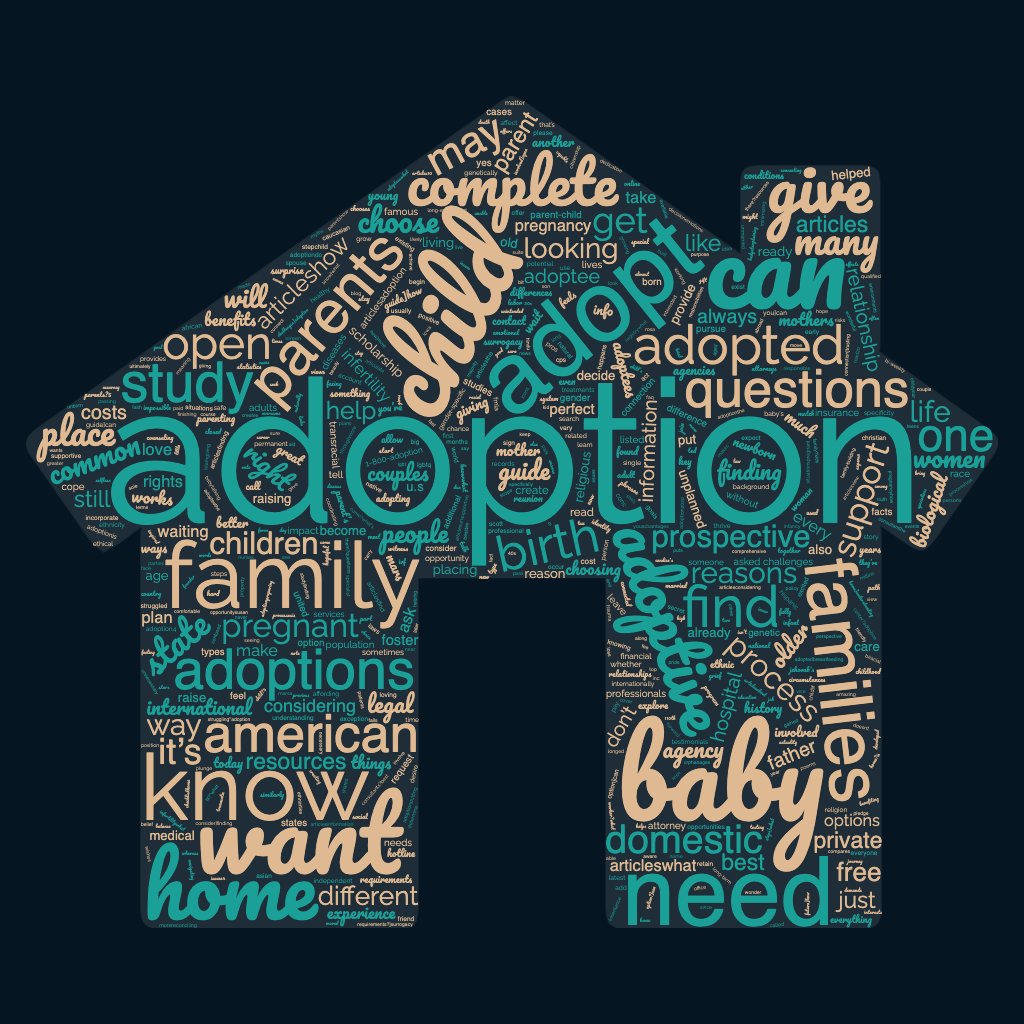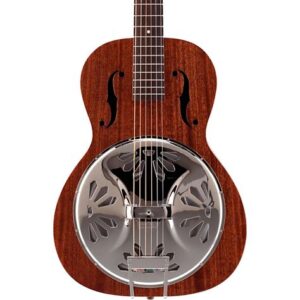
Recently I listened to Chen Zausmer’s fascinating podcast “What Are You Waiting For?”, which documents her egg-freezing journey. The podcast is moving, disquieting, and extremely well done, documenting Zausmer’s emotional process as well as the physical and financial practicalities of the procedure. Among the things that make this a worthwhile listen are the embedded recordings of personal conversations between Zausmer and her friends and family, in which they raise uncomfortable, emotionally loaded subjects such as “giving up” on couplehood and a two-parent framework, questions on reproductivity and self worth, womanhood and femininity, and other complicated, soul-searching issues. It is also an admirable example of honestly and vulnerably offering a meditation on subjects that can be, and are, deeply private issues for wide public consumption.
When someone does make the choice to make their very private affairs public in this form (the podcast is accessible on Spotify, Apple Podcasts, and pretty much anywhere else podcasts can be found), though, the audience’s thoughts about it are not merely nosy/judgmental commentary on another private person’s journey. Each of us consumes art and media through personal eyes. And, in my case, that meant listening to four lengthy episodes detailing a plethora of emotional, physical, and financial trials and tribulations focused on a very particular biological choice, without even a brief mention, a suggestion, or a whiff of possibility, around nonbiological parenting through fostering and adoption. And as an adoptive mom, this was crazymaking.
This is not a personal critique of Zausmer’s options–she is, of course, free to do as she wishes with her body, soul, and financial resources–and for what it’s worth, she comes off as a thoughtful person who engages in unflinching self-inquiry, which is admirable. But those who don’t want their deepest personal struggles to evoke a range of emotions, thoughts, and reactions, seldom make podcasts out of them, so I’m offering some thoughts in that spirit.
As in the pro-choice/pro-life debacle, becoming a mom through adoption has gifted me with a more nuanced perspective that untethers parenting from biology, which I elaborated on elsewhere (here and here.) I always feel like these perspectives are left unexamined because of the strong bias in favor of biological parenting. The conversations about reproductive justice that I’ve been privy to not only prioritize biology but actively push any notions of nonbiological parenting out of the conversation. For a number of years I’ve been surrounded by people, some of them close friends, who have gone through numerous circles of IVF hell, back-and-forth with surrogates and the adjacent ethical issues, and the deep tragedies of miscarriages and losses. And yet, suggesting adoption or fostering to people who are undertaking unbearable physical, emotional, and financial difficulties in their torturous journey to become biological parents is considered terribly rude, and the social consensus is that people’s willingness to jump through absurdly challenging hoops to ensure that they go through pregnancy/birth, or even just that their genetics are passed on, should be unquestionable accepted, without opening other doors and possibilities.
I remember noticing this when I attended an event celebrating Dov Fox’s new book Birth Rights and Wrongs. To his great credit, Fox provides a thorough and thoughtful overview of the myriad problems caused by reproductive technologies, including unreported medical conditions of sperm donors. The book’s agenda, however, is clearly to empower parents to address these serious technological and medical challenges through lawsuits in torts. One walks away with the sense that any procedure for procuring biological children–as complicated, experimental, expensive, and taxing as it might be–should be the unshakable right of any prospective parent, complete with the legal power to sue at every wrinkle at which something goes wrong. Expanding these litigation rights is a tacit expression of the law’s preference for, and encouragement of, biological reproduction.
This may be outside the cultural/biological/social norm, but I know I’m far from the only one: I have never wanted to get pregnant or to give birth, and at the same time I am thrilled to be a mom and my son is the light of my life. I accept that many, perhaps most, women do want to experience pregnancy/birth. But it is hard for me to responsibly participate in conversations with people who are experiencing horrific suffering and sorrows through their pursuit of biological parenting at all costs, and are completely unwilling to even consider other paths to parenting. Because we are very open about our adoptive journey, over the years I’ve happily had several lengthy conversations with friends and acquaintances who, throughout this journey started “despairing” and “thinking about adoption”–as if it’s a secondary choice to biological reproduction, only to be pursued if the “normal” path has failed, because multiple IVF rounds involving extensive travel and six-figure-dollar amounts is apparently more “normal” than offering a home to a newborn that also saves the life of young people saddled with an unwanted pregnancy. Afterwards, sometimes I get a phone call saying that they discussed it amongst themselves and at least one of them was adamant that what they really wanted was “a child of our own.” Get it? A child of our own–as if your kids through adoption or fostering are not really “your own”, or it’s some testament of your inferiority that you chose nonbiological parenting. I always want to ask: Why is it so important for you to propagate your specific genes, and how are they uniquely better or more important to propagate than those of other members of the human population? It’s especially jarring when, in opposite-sex couples, virtually all of the physical suffering is endured by the woman, and it’s the man who clings to the genetic imperative at the price of his partner’s health and wellbeing. Can I say something about this, compassionately and gently? Of course not! It’s none of my business, and there’s such a taboo against suggesting this even in the most compassionate way–and I submit the taboo exists because we harbor a deep bias against nonbiological parenting.
But this is not just an issue of people’s personal choices, for whom I have all the compassion in the world (another person’s suffering is 100% understandable and relatable, and gets 100% support and love from me, even if I’m not on board with the cause of the suffering.) It raises serious questions for all of us as a community. Societies that do not fully support solid, comprehensive sex education, keep young people ignorant of their bodily functions, allow young men to walk away from the consequences of their sexual activity, sticking young women with the agonizing expectation that they carry unwanted pregnancies to term, are societies that produce babies born into untenable situations who need stable, solid, loving homes. And such societies should do everything in their power to guarantee a good starting point for all these babies–starting with completely destigmatizing, and even encouraging all forms of nonbiological parenting, through resources, education, and unwavering social support. Investing enormous amounts of medical progress, public funding, and unquestioning social validation in biological procreation for the wealthy at all costs has a price, and that price is delegitimizing and neglecting fostering and adoption. And in the current political climate, this does not strike me only as precious and capricious, from a governmental perspective, but also as morally untenable.
My great aunt Carmella had a beautiful child-free life: she had her own business and traveled around the world with a lovely and similarly adventurous husband. They worked hard and arrived at a place of wealth and financial comfort. And yet she was deeply unhappy throughout it all. One of the main reasons: She desperately wanted to be a mother, bitterly envied her siblings (including my grandma) who had kids, and this filled her with frustration and contempt. Toward the end of her life, which she spent giving backhanded compliments and insulting family members, my mom called her to let her know that we had a son, and shared briefly about the adoption. There was a long silence on the other end of the line, and then Carmella, who was never at loss of words, said quietly, in a little girl’s voice: “Hadar is very wise.” When my mom shared this with me, my heart broke for Carmella and for the decades of joy and fulfillment she robbed herself of by not even considering fostering and/or adoption.
If you are reading this, no matter where you are in thinking about parenthood, what I most desire for you is to be happy. And what is most important to let you know is that there are many ways for you to find happiness. You can, and definitely should, consider the many possibilities of becoming parents through both biological and nonbiological means. You can, and definitely should, consider the very legitimate possibility of living a wonderful life full of meaning and fulfillment as a non-parent (with or without children in your life in one form or another.) A lot of the suffering we undergo in life when we choose a certain path comes from the stubborn (and incorrect) belief that it is the only viable path to our destination. I don’t want this for you–I want to you to offer yourself more freedom, and this freedom starts in your own mind, outside the socio-cultural expectations, pressures, or inducements. I’m sending you good wishes on this journey.




No comment yet, add your voice below!